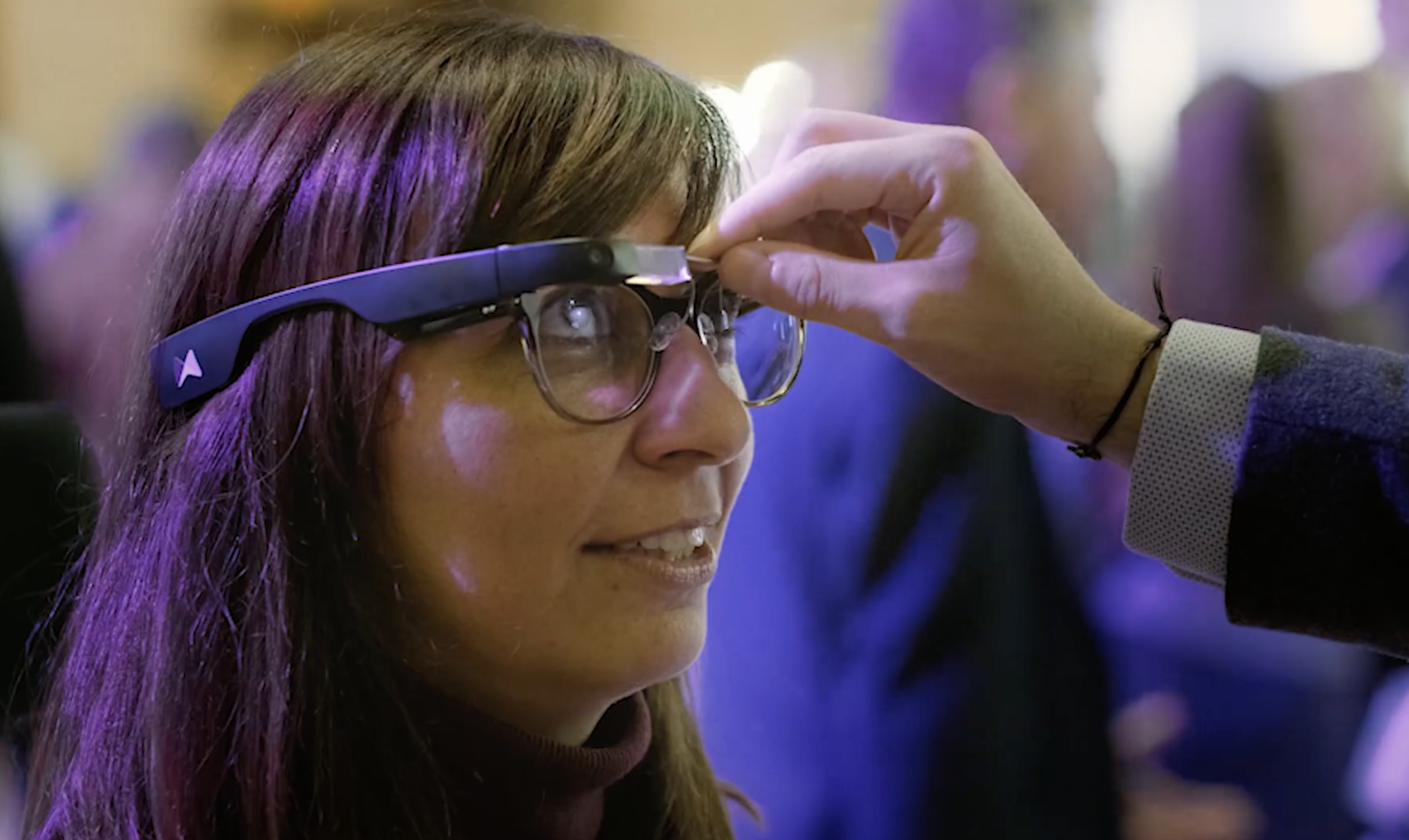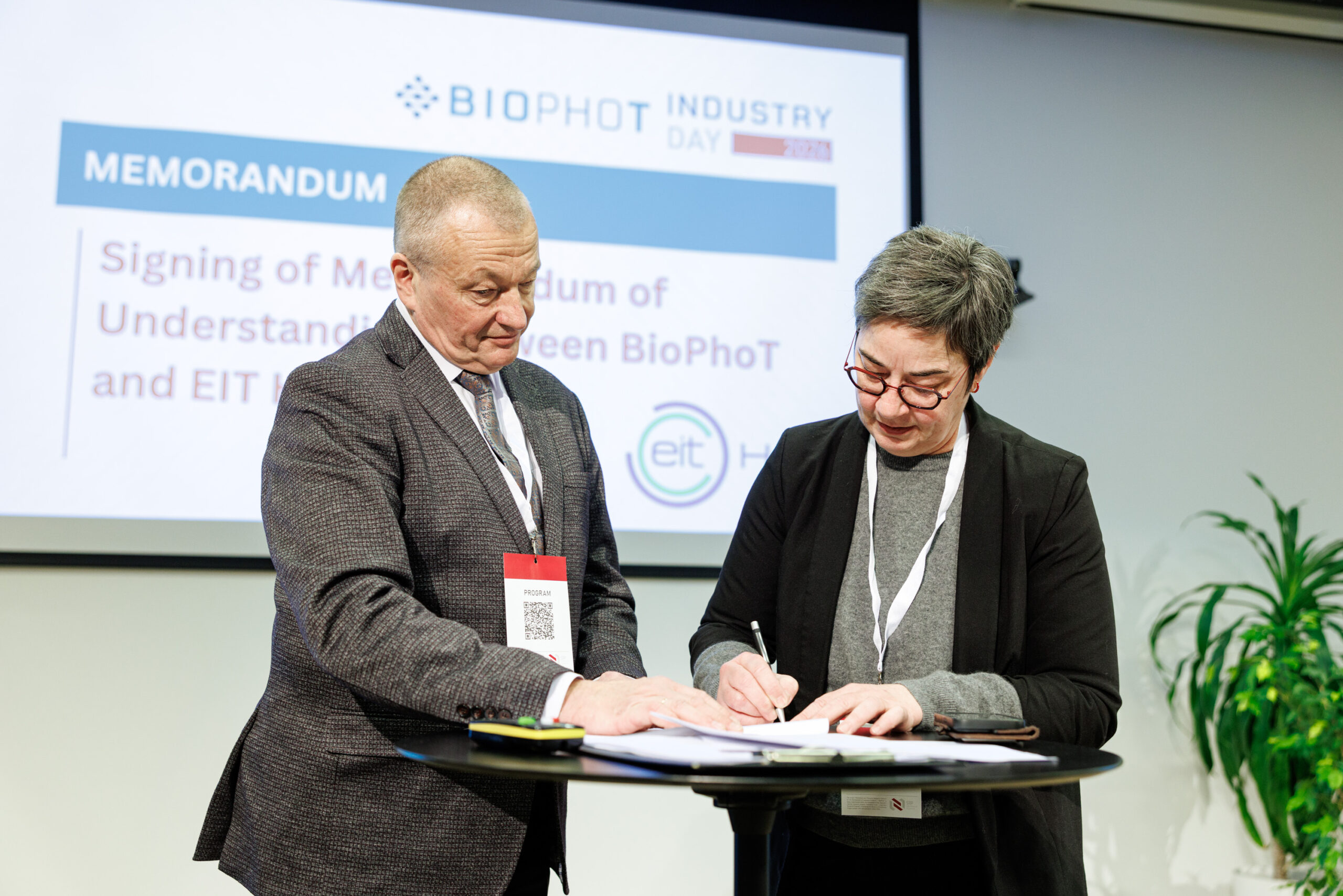6th November 2024
Driven by Dr. Peeter Padrik’s vision to prevent cancer or detect it early, Antegenes is pioneering genetics-based breast cancer risk assessment with its AnteBC test. Using polygenic risk score (PRS) technology, Antegenes offers personalised screening for women starting at age 35. Through the BRIGHT project, they’re working to make this breakthrough widely accessible. Discover how Antegenes is changing the landscape of cancer prevention in our full interview.
What inspired your team to develop a genetics-based breast cancer risk test, and how did the idea evolve into the BRIGHT project?
Antegenes was founded by Dr. Peeter Padrik, an oncologist with over 30 years of experience treating thousands of cancer patients. Throughout his career, he has been aware that the best cancer cases are those we can avoid. And if prevention isn’t possible, early detection becomes critical to enable the most effective treatment.

Since cancer is a genetic disease, advancements in research have opened new avenues to leverage genetic information for cancer prevention and early detection. This vision led to the creation of Antegenes, a company offering innovative genetic tests based on polygenic risk score (PRS) technology to enable personalised prevention of common cancers. Our breast cancer risk test, AnteBC, is already integrated into the healthcare system in different countries. Through the BRIGHT project, we are systematically validating our approach across different healthcare settings, with the goal of achieving public reimbursement for our test. This would make the test widely accessible, helping to save lives.
How does the AnteBC polygenic risk score differ from traditional breast cancer screening methods, and what unique advantages does it offer for women starting at age 35? Can you share any recent feedback or outcomes from your test’s validation?
The breast cancer genetic risk test AnteBC assesses a woman’s risk of developing breast cancer using polygenic risk score (PRS) technology. The test provides clinical recommendations based on the risk level, indicating how and at what age the woman should start breast cancer screening. Current standard mammography screening typically starts at age 50, but one-fifth of women are diagnosed under the age of 50 – they never reach screening. We are determined to change this.
Our test can identify women, who are at high risk and would need to start mammography screening earlier. In the BRIGHT project, a clinical study in Estonia with 800 participants aged 35-49 has already demonstrated the feasibility, acceptability, clinical utility and cost-effectiveness of genetics-based screening. Through PRS testing, 41.3% of participants were identified as having elevated risk of breast cancer – they will begin mammography screening earlier and more frequently. Similar studies have been conducted and will be published soon in Portugal and Sweden. A separate study within the BRIGHT project assessed the cost-effectiveness of PRS-based breast cancer screening in Estonia, indicating that this approach is not only clinically beneficial but also economically viable.
Feedback from both participants and healthcare professionals has been positive. Participants appreciated the opportunity to understand their genetic risk and were more likely to adhere to personalised prevention recommendations. Healthcare professionals recognised the value of integrating genetic risk assessments into routine practice, which could revolutionise breast cancer screening and reduce mortality rates.
How has EIT Health supported the development of the BRIGHT project by helping you build a strong consortium, and what have been the key benefits of collaborating with partners within the EIT Health network?
Collaboration is crucial when bringing new innovations into healthcare, as it is a long road to success. Through the EIT Health network, we built a strong consortium that brings together innovative technology developers, cutting-edge research, clinical expertise, and industry insights, accelerating our progress and impact. This partnership not only strengthens the foundation of our project but also enhances its reach, enabling us to more effectively address the complex needs of breast cancer prevention and personalised risk assessment.
What are the next steps for the BRIGHT project in terms of scaling your solution and making it widely accessible to women across different countries?
As our AnteBC test is regulatory compliant for use in Europe, we are seeking partners interested in integrating the test into their clinical practice. Given the high interest from women, the test is already needed to be made available in private healthcare. This also supports our goal of achieving public reimbursement.
When Ideas Meet Ambition - How Impact Happens at EIT Health

How Impact Happens at EIT Health
EIT Health and BioPhoT Sign Memorandum of Understanding to Strengthen Health Innovation Collaboration

Strengthening health and life-science innovation in Latvia
